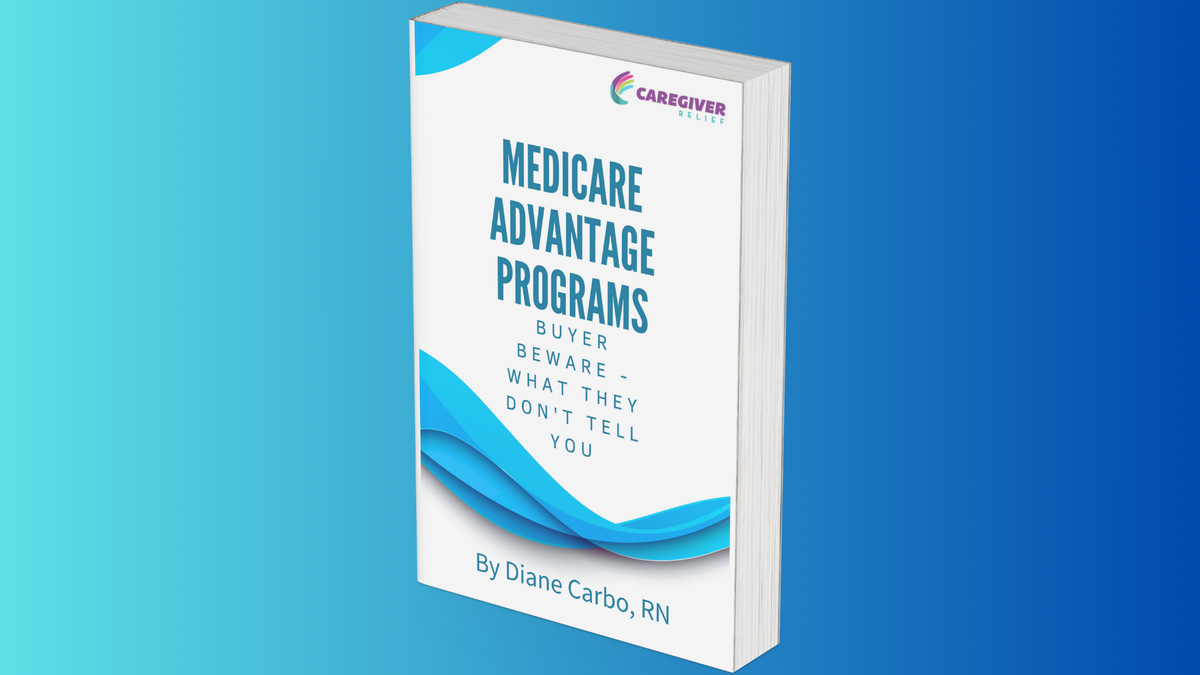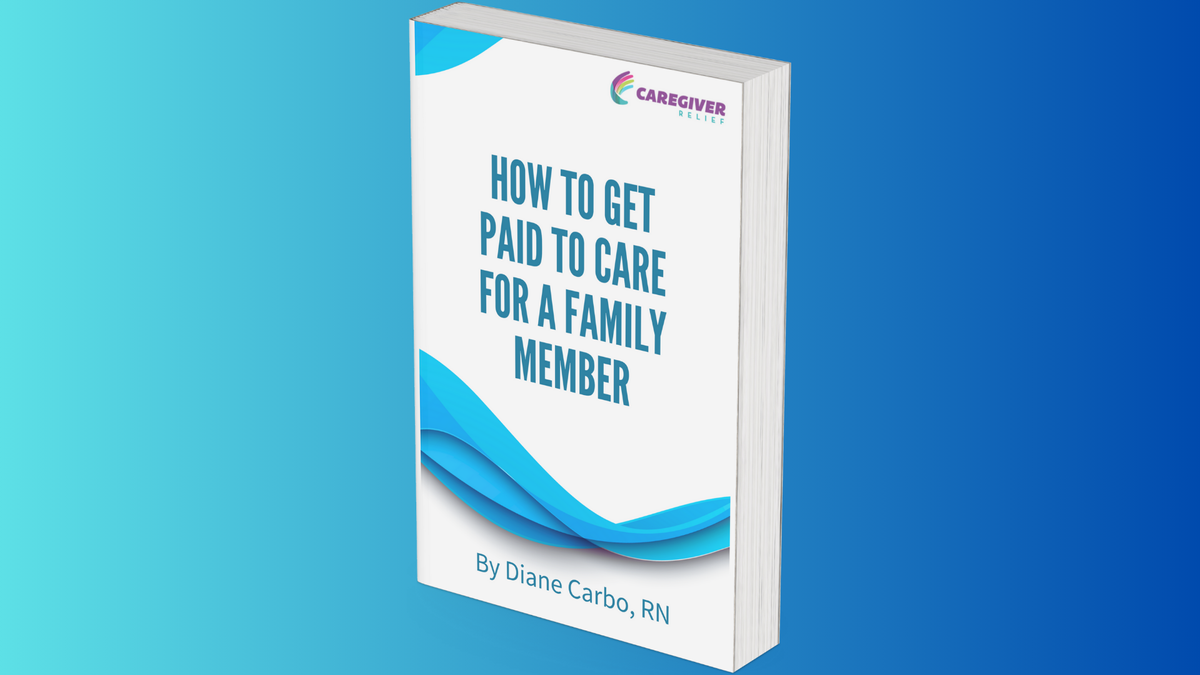Are Medicare Advantage Plans Good?
Are Medicare Advantage plans truly beneficial? Learn about their hidden pitfalls, potential limitations, and what you should know before enrolling. Our latest post uncovers the facts and helps you make an informed choice for your healthcare needs.

Medicare Advantage plans are a type of health insurance offered to those enrolled in Medicare. They provide comprehensive coverage for medical care and often include additional benefits like vision or dental care. They are an attractive option for many seniors due to their low cost, comprehensive coverage, and additional benefits.
Medicare Advantage plans are managed by private insurance companies and must follow certain guidelines set by the Centers for Medicare & Medicaid Services (CMS). This means that they must provide a wide range of covered services including doctor visits, hospital stays, laboratory tests, prescription drugs, and more. Additionally, Medicare Advantage plans may offer extra benefits not covered by traditional Medicare, such as vision and dental, hearing, and fitness programs.
These plans are typically less expensive than traditional Medicare and may provide additional benefits and savings. They typically have lower monthly premiums and copays, meaning seniors can save money on their medical care. Plus, Medicare Advantage plans typically cover additional services not included in traditional Medicare, such as vision and dental care, over-the-counter medications, and fitness memberships.
However, it is important to note that Medicare Advantage plans have more restrictive networks, which can limit your options for care. In contrast, Original Medicare allows beneficiaries to see any physician who accepts Medicare, offering greater freedom and access to a more extensive network of providers. This flexibility can be particularly beneficial for those who travel frequently or live in rural areas.
Overall, Medicare Advantage plans are an attractive option for many seniors due to their comprehensive coverage, low cost, and additional benefits. They are a great way for seniors to get the health coverage they need while saving money. By considering all their options, seniors can find the plan that is right for them.
What is Medicare Advantage?
Medicare Advantage (MA) is a type of health insurance plan offered by private insurance companies that contract with the federal government to provide Medicare benefits. These plans are designed to provide an alternative to Original Medicare, which includes Parts A and B. Medicare Advantage plans must cover all the services that Original Medicare covers, but they may also offer additional benefits, such as prescription drug coverage, dental, vision, and hearing care.
Benefits and Drawbacks of Medicare Advantage
Medicare Advantage plans have several benefits, including potentially lower out-of-pocket costs, additional benefits not covered by Original Medicare, and coordinated care. However, they also have some drawbacks, such as limited doctor and hospital networks, prior authorization requirements, and potential delays in seeing doctors.
Be aware of the pitfalls of Medicare Advantage
Who is Medicare Advantage Suitable For?
Medicare Advantage plans are suitable for individuals who want a more comprehensive health insurance plan that includes additional benefits, such as prescription drug coverage, and coordinated care. They are also a good option for those who want to limit their out-of-pocket costs and have a predictable monthly premium. However, they may not be the best option for those who want more flexibility in choosing their healthcare providers or who travel frequently.
Choosing a Medicare Advantage Plan
Choosing a Medicare Advantage plan can be overwhelming, but there are several factors to consider. First, consider your healthcare needs and whether the plan covers the services you need. Next, look at the plan’s network of providers and make sure your doctor is included. Also, consider the plan’s out-of-pocket costs, including the premium, deductible, and copays. Finally, look at the plan’s additional benefits, such as prescription drug coverage, and make sure they meet your needs.
Medicare Advantage Costs and Coverage
Medicare Advantage plans have varying costs and coverage. Most plans have a monthly premium, which can range from $0 to several hundred dollars. They also have a deductible, copays, and coinsurance, which can vary depending on the plan. In addition, Medicare Advantage plans have an out-of-pocket maximum, which can range from $3,000 to $6,000 or more. Some plans also offer additional benefits, such as prescription drug coverage, dental, vision, and hearing care, which can vary in cost and coverage.

Additional Services and Extra Benefits
Medicare Advantage plans provide additional services that are not covered by traditional Medicare. Medicare Advantage enrollees have better access to preventive services, including annual wellness visits, routine checkups, screenings, and flu vaccines. These additional services can vary depending on the plan, but often include vision and hearing tests, dental services, fitness programs, and transportation to medical appointments. It is important to check your specific plan to understand exactly what services are offered and how much they cost.
Vision coverage is a great example of an additional service provided by many Medicare Advantage plans. Most plans offer free or low-cost access to vision exams, glasses, and even contact lenses. Some plans also provide discounts on laser eye surgery. It is important to note that some plans may have restrictions on what type of vision services they cover, so it is essential to ask questions before enrolling in a plan.
Dental coverage is another common additional service offered by many plans. With dental coverage, you may be able to get free or discounted cleanings, fillings, and other services. Plans will vary in terms of what services are covered and the cost of those services, so it is important to look into your specific plan to determine what is available.
Finally, many plans offer fitness benefits. These can range from discounts at gyms and other fitness centers to access to fitness classes or even a free club membership. Again, it is important to check with your specific plan to see what type of fitness benefits are included and what the cost is.
For seniors who are looking for extra coverage or services that are not provided by traditional Medicare, a Medicare Advantage plan may be an excellent option. These plans can provide additional coverages and services that can help meet the needs of seniors. However, it is important to do your research and know exactly what type of plan you are signing up for in order to get the most out of your coverage.
Drug coverage is an important part of any health insurance plan and Medicare Advantage plans are no exception. Medicare Advantage plans provide prescription drug coverage to help cover the costs of medications that are not already covered by traditional Medicare.
The type of drugs covered under Medicare Advantage plans may vary from plan to plan, but typically these plans will cover both brand-name and generic drugs that are prescribed by your physician. Medicare Advantage plans usually have specific formularies that determine the cost of medications, so you’ll want to review the formulary before signing up for a plan.
In addition, many Medicare Advantage plans offer additional benefits such as lower cost-sharing for some medications, discounts on over-the-counter medications, and mail-order convenience. Be sure to ask your plan provider about any additional coverage they offer for medications.
Finally, the cost of medications under Medicare Advantage plans can vary greatly, depending on the plan. Be sure to shop around to find the plan that best suits your needs in terms of cost as well as coverage.
It’s understandable why seniors would want to get the most out of their coverage. One great thing about Medicare Advantage plans is that they often provide additional benefits beyond those covered by traditional Medicare.
This can include coverage for vision, dental, hearing, and even wellness programs that can help you improve your overall health. Vision coverage typically includes exams, eyeglass frames, lenses, contact lenses, and laser vision correction. Dental coverage may include routine check-ups, cleanings, fillings, X-rays, and other procedures. And depending on the plan, hearing coverage may include hearing aids.
These benefits can be extremely valuable to seniors who need regular care in these areas. Medicare Advantage plans often offer these services at a lower cost than if you were to purchase them separately. Additionally, some plans may offer prescription drug coverage, another benefit not commonly found on traditional Medicare.
So while it is important to compare plans and determine the benefits that are important to you, it is worth considering a Medicare Advantage plan if you feel like it’s a better fit for your healthcare needs.
Medicare Advantage plans can be a great option for many seniors. They often provide better coverage than traditional Medicare, and may include additional benefits such as vision and dental coverage. However, there are some drawbacks to Medicare Advantage plans that must be taken into consideration before enrolling.
One of the biggest pros of Medicare Advantage plans is the comprehensive coverage they provide. These plans may have lower co-pays, deductibles and premiums than traditional Medicare, so it’s possible to get more coverage at a lower cost. In addition, many of these plans include additional benefits like vision, hearing, and dental care.
However, there are some downsides to Medicare Advantage plans. For example, you may have to use in-network providers or your coverage could be restricted, which could result in you paying more out-of-pocket costs for services. In addition, many of these plans require you to pay a monthly premium, which can be expensive for some people. It’s important to read the fine print and fully understand your coverage and any associated costs before enrolling.
Another potential downside of Medicare Advantage plans is that you can’t switch back to traditional Medicare if you decide later that it was a better option for you. You must wait until the following year’s enrollment period starts. This means that you should carefully consider all of the pros and cons before deciding on a Medicare Advantage plan.
Overall, Medicare Advantage plans can be a good option for some people. However, it’s important to compare all of your options and carefully consider the pros and cons before enrolling. Doing your research and reading the fine print will help ensure that you make the best decision for your needs.
Medicare Advantage plans can be a great option for many seniors, providing numerous benefits and coverages that traditional Medicare does not. The coverage ranges from prescription drugs to additional services such as vision and dental, at a cost that is often lower than traditional Medicare. Of course, like any insurance plan, there are pros and cons to consider before enrolling in a Medicare Advantage plan.
Overall, the vast majority of seniors are satisfied with their Medicare Advantage coverage and find it meets their needs. Ultimately, whether or not a Medicare Advantage plan is good for you depends on a variety of factors, such as your individual medical needs, budget, and location. It’s important to carefully research different plans and compare them in terms of cost and coverage to determine the best fit for your specific situation.
When considering enrolling in a Medicare Advantage plan, it is important to be aware of the potential benefits, and also the possible drawbacks. It is wise to speak with your doctor and financial advisor first to determine if a Medicare Advantage plan is right for you. Additionally, doing your own research into the types of plans available and what they cover is essential – no two plans are the same.
The U.S. Centers for Medicare & Medicaid Services (CMS) has developed a tool that makes it easier to compare available plans. This tool can be found at https://www.medicare.gov/compare-medicare-health-plans/. Additionally, there are several Medicare Advantage plan comparison websites that can help you compare plans, including https://www.ehealthmedicare.com/ and https://www.benefitscheckup.org/.
Finally, it is important to make sure you understand the details of any plan you’re considering before signing up. Make sure you know how much you will have to pay out of pocket for services, when those costs begin, and any other restrictions that may apply.
It is also important to keep in mind that you cannot be turned down by a Medicare Advantage plan due to pre-existing health conditions. Therefore, if you do decide to enroll in one, you will get the coverage you need – regardless of your health status.
Ultimately, the choice to enroll in a Medicare Advantage plan is entirely up to you and your circumstances. However, by considering the potential positives and negatives of enrolling, you can make an informed decision that is right for you.
References are an important part of any comprehensive guide on a subject, offering insight into the subject and providing credibility to the information included. For this guide about Medicare Advantage Plans, the following references were used to provide accurate and up-to-date information:
• Medicare.gov - “Medicare & You”: This website from the US Government provides a comprehensive overview of everything related to Medicare and Medicare Advantage plans.
• American Association for Retired Persons (AARP): AARP provides an unbiased look at Medicare Advantage plans and other forms of insurance for seniors.
• Kaiser Family Foundation: The foundation provides detailed information on Medicare Advantage plans, with research and analysis on the plans’ costs, coverage, and more.
• Centers for Medicare & Medicaid Services (CMS): CMS is the agency that oversees Medicare and is a great source for finding out the details of Medicare Advantage plans.
• HealthCare.gov: This website, run by the federal government, helps people compare different Medicare Advantage plans side-by-side to find the best one for them.
• Medicare.gov - “Compare Private Plans”: This website provides ratings of Medicare Advantage and other private health plans in each state.
• Medicare Rights Center: The Medicare Rights Center is an independent consumer service organization offering helpful information on Medicare Advantage plans.
Medicare Advantage Plan Links & Resources
When researching Medicare Advantage plans, there are plenty of resources available to help you understand and compare plans. Here are some links and resources you may find useful:
- Medicare.gov: The official website for all information related to Medicare, including comprehensive information on Medicare Advantage plans.
- The Centers for Medicare and Medicaid Services (CMS): CMS is the government agency that regulates Medicare, and their website has a wealth of information on Medicare Advantage plans.
- Your State Department of Insurance: Each state has its own department of insurance that oversees Medicare Advantage plans. Their website or local office can provide additional information specific to your state.
- Medicare.com: An independent website offering comprehensive information on Medicare Advantage plans, including reviews, cost estimators, and plan comparison tools.
- Your Local SHIP Office: Your State Health Insurance Assistance Program office can provide free, personalized advice and guidance on Medicare Advantage plans.
These resources can help you make an informed decision about whether a Medicare Advantage plan is right for you.
Here are more articles for you...














